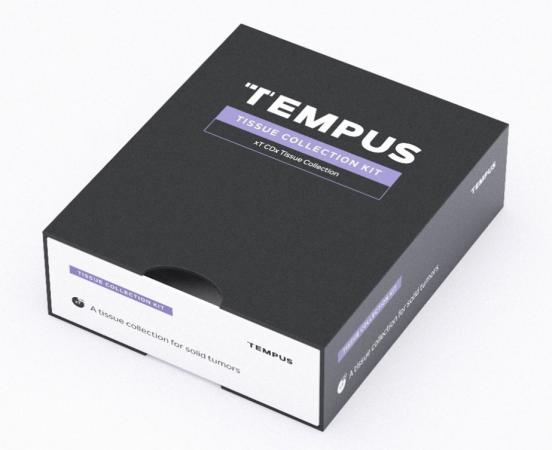xT CDx – P210011
This is a brief overview of information related to FDA’s approval to market this product. See the links below to the Summary of Safety and Effectiveness Data (SSED) and product labeling for more complete information on this product, its indications for use, and the basis for FDA’s approval.
Product Name: xT CDx
PMA Applicant: Tempus Labs, Inc.
Address: 600 W Chicago Avenue, Chicago, IL 60654 USA
Approval Date: April 28, 2023
Approval Letter: Approval Order
What is it?
xT CDx is a laboratory test designed to detect the presence of multiple changes in the genetic material (mutations in 648 different genes) in a person previously diagnosed with solid malignant tumors.
The test detects certain mutations in KRAS and NRAS genes to help doctors identify if a person with colorectal cancer may benefit from personalized treatment with:
- ERBITUX (cetuximab) when there is an absence of mutations in codons 12 or 13 of KRAS
- VECTIBIX (panitumumab) when there is an absence of mutations in exons 2, 3, or 4 of KRAS and an absence of mutations in exons 2, 3, or 4 of NRAS.
This test is a companion diagnostic for these personalized treatments.
How does it work?
A person’s tumor sample and matched blood or saliva sample are sent to Tempus Labs, Inc. for testing. The DNA is separated from the samples and mixed with chemical substances, called reagents, that find and test the DNA sequences for changes in the genes. A medical professional reviews the results and sends a report to the doctor who ordered the laboratory test. The doctor uses this information to help create a treatment plan for a person who is already diagnosed with colorectal cancer.
If the test does not detect a mutation in specific KRAS or NRAS exons (presumed to be KRAS or NRAS mutation-negative), then these treatments may be appropriate for that person.
When is it used?
The test is used to help doctors decide if a person is eligible for treatment with ERBITUX (cetuximab) or VECTIBIX (panitumumab).
What will it accomplish?
Test results are used to help doctors match a person who has been diagnosed with colorectal cancer with an appropriate treatment.
When should it not be used?
There are no known reasons not to use this test.
Additional information (including warnings, precautions, and adverse events):


